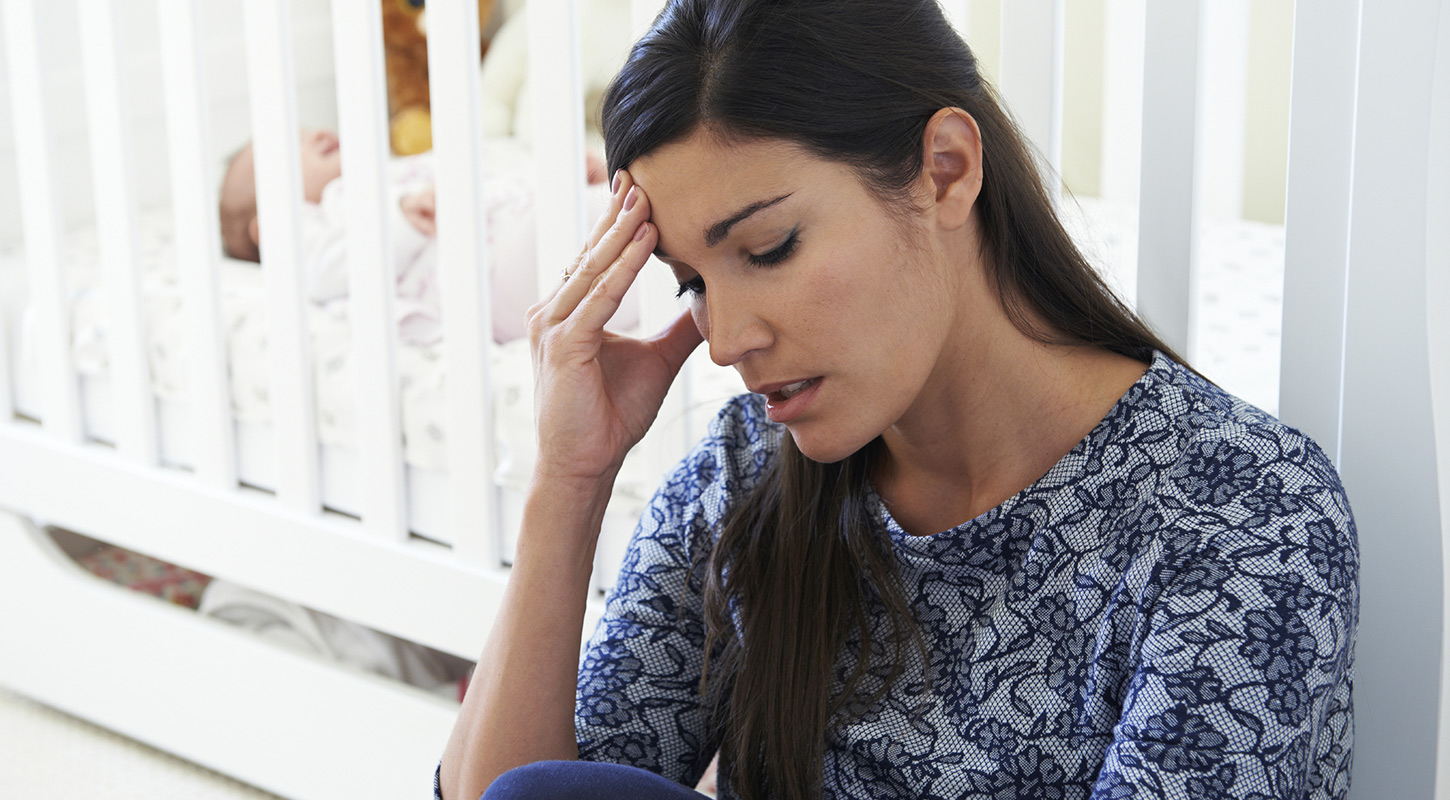Coping with Postpartum Depression

Having a new baby can be a very stressful time. No matter how prepared you think you may be, you will have to adjust to completely changing your lifestyle to accommodate the needs of your newborn. Having the “baby blues” is actually quite common, but it can be difficult to tell the difference between the baby blues and postpartum depression.
Postpartum depression shows itself soon after the baby is born and requires professional treatment. If not addressed, it can interfere with a mother’s ability to care for her child and impact her personal life in a variety of ways. Symptoms of this include lack of interest in the baby; negative feelings towards the baby; worrying about hurting the baby; lack of concern for personal needs; loss of pleasure; lack of energy and motivation; feelings of worthlessness and guilt; major changes in sleeping habits; thoughts of suicide; or feelings of worthlessness and guilt.
If you are experiencing postpartum depression, taking care of yourself is key. There are some easy changes you can make that can have a huge impact on your well-being.
- Make sure you’re getting enough sleep. Get plenty of rest and ask friends and family to help you so you
can nap throughout the day. - Go outside and enjoy the sun. Sunlight improves your mood, so try to spend at least 15 minutes per day outside.
- Take quality time for your needs. Relax from your duties as a mother and enjoy a bath, reading your favorite book, or getting a manicure.
- Maintain a nutritious diet. Healthy eating habits can help you feel better while giving your body the nutrients it needs and improving the quality of your breast milk.
- Incorporate exercise into your routine. You don’t want to overdo it right away, but your doctor can recommend exercise that works for you.
- Talk to others about your feelings. Share everything you’re feeling with at least one other person and ask them for reassurance and support.
- Spend time with family and friends. Isolation will only make you feel lonelier, so ask others to join you at home, on errands, and with the baby.
- Meet other new moms. Join a group in your area and seek out other women who are learning what life is like as a mom. You’ll find comfort knowing other women are experiencing the same things you are.
- Allow yourself to feel overwhelmed and remember that not everything has to be done right away. It is okay to feel stressed out when you have a newborn, so set realistic expectations for yourself.
Professional treatment is also an option if you are unable to cope on your own or with the support of friends and family. Speak with your doctor to determine if individual therapy, marriage counseling, hormone therapy, or antidepressants would be the best option for your situation.
